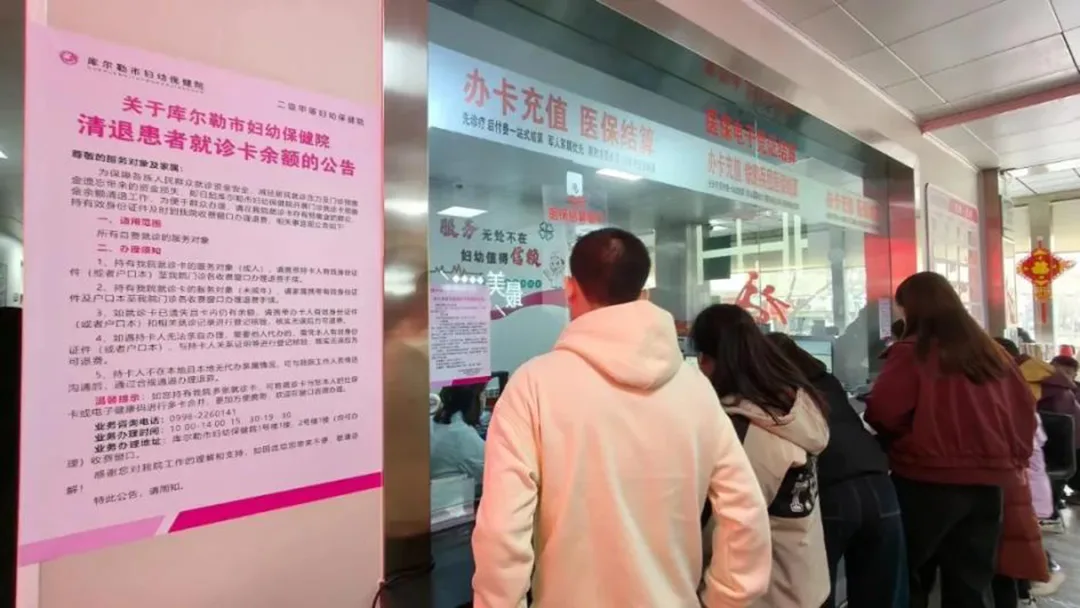The National Health Commission (NHC) will eliminate outpatient prepayment requirements across public medical institutions by March 31, 2025, marking a pivotal shift in China’s healthcare financing framework. Hospitals must complete refunds for existing prepayments by December 31, 2025. Concurrently, hospitalization advance payments will be reduced starting June 30, 2025, aligning deposits with average out-of-pocket costs for insured patients under matching disease and insurance categories.
Reform Drivers and Historical Context
Introduced in the 1980s, prepayment systems aimed to streamline queues and expedite billing. However, mounting criticism over financial burdens on patients and administrative inefficiencies prompted the overhaul. The NHC’s move aligns with broader efforts to modernize healthcare access and prioritize patient-centric financing models.
Operational and Financial Implications
- Patient Impact: Eliminating outpatient prepayments eases upfront liquidity pressures, particularly for low-income groups.
- Hospital Adjustments: Institutions must upgrade real-time settlement systems and coordinate with insurers to offset lost deposit guarantees.
- Policy Risks: Short-term cash flow disruptions for hospitals may occur during the transition, requiring state-backed liquidity support.
Industry Reactions and Next Steps
Healthcare analysts anticipate accelerated adoption of digital payment platforms and AI-driven billing systems. The reforms could also pressure private hospitals to adopt similar transparency measures. Stakeholders will monitor pilot programs in tier-1 cities ahead of the 2025 deadlines.-Fineline Info & Tech
